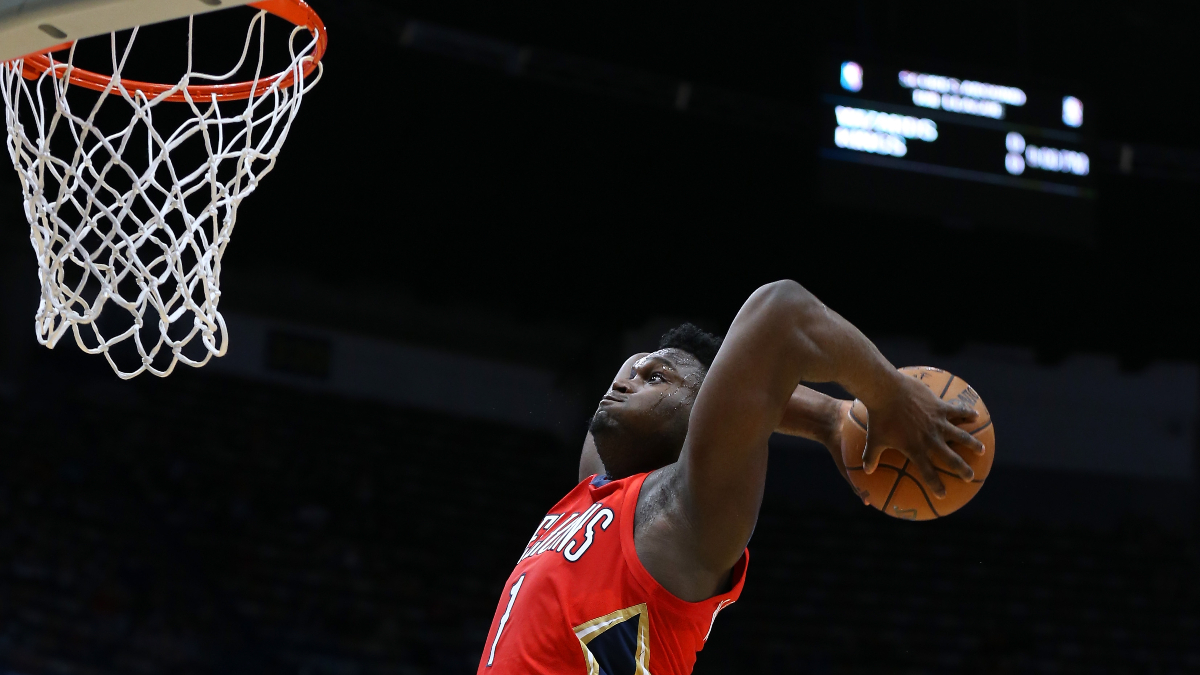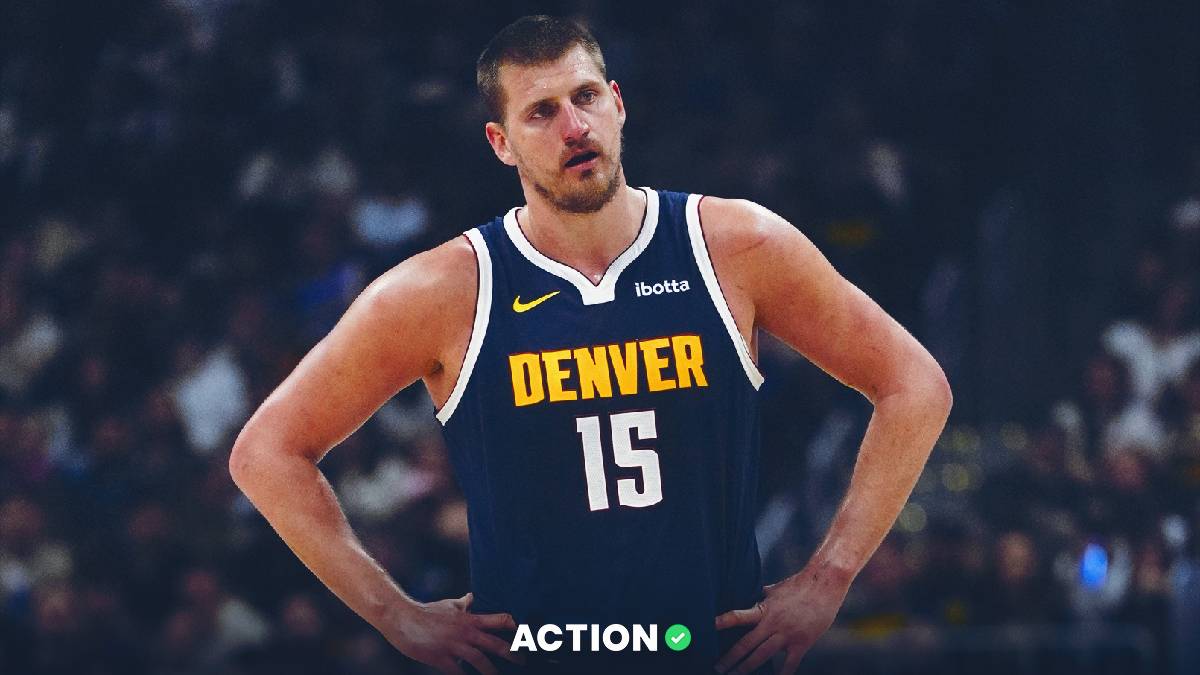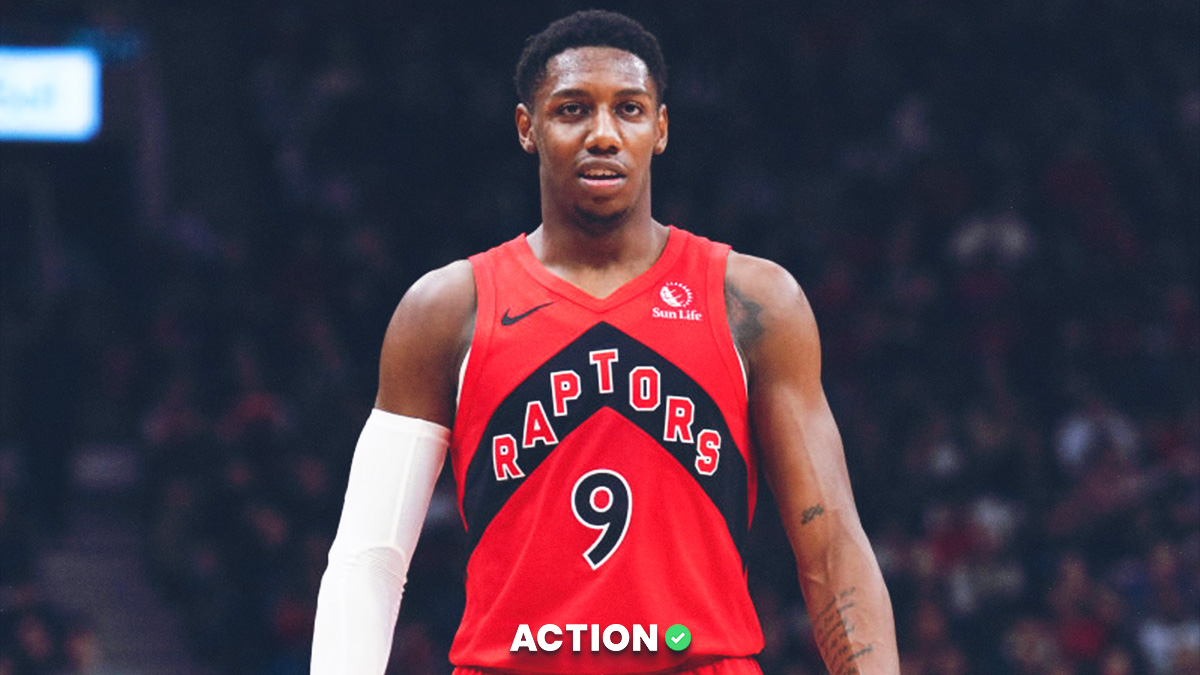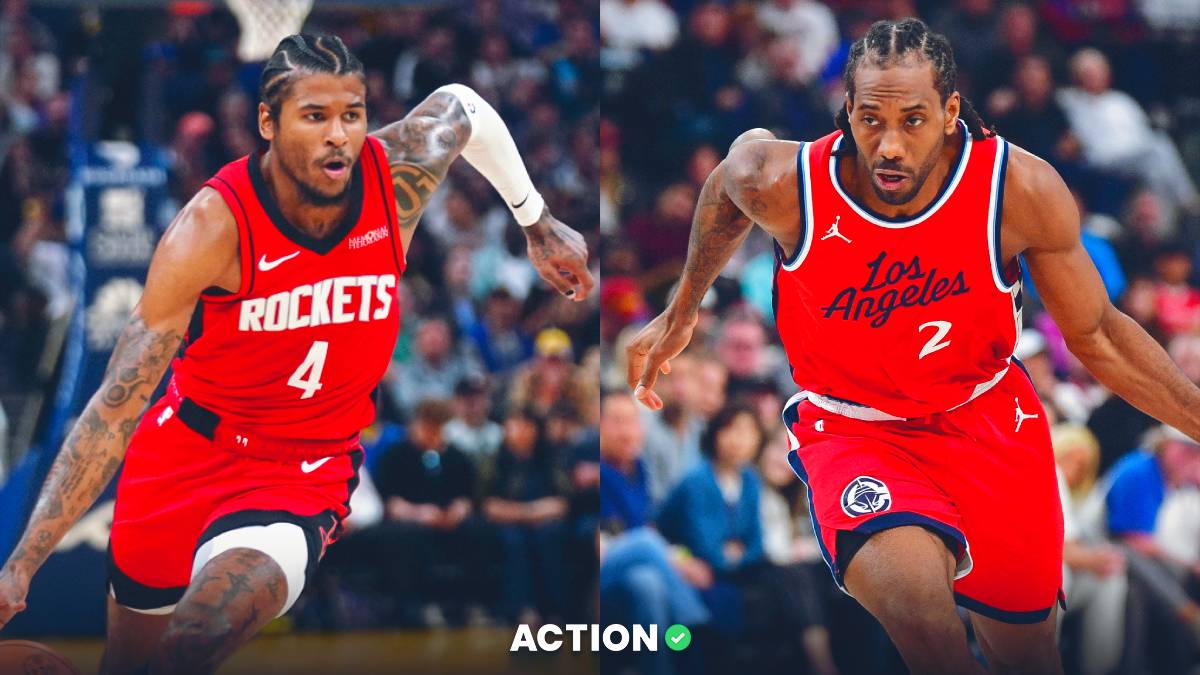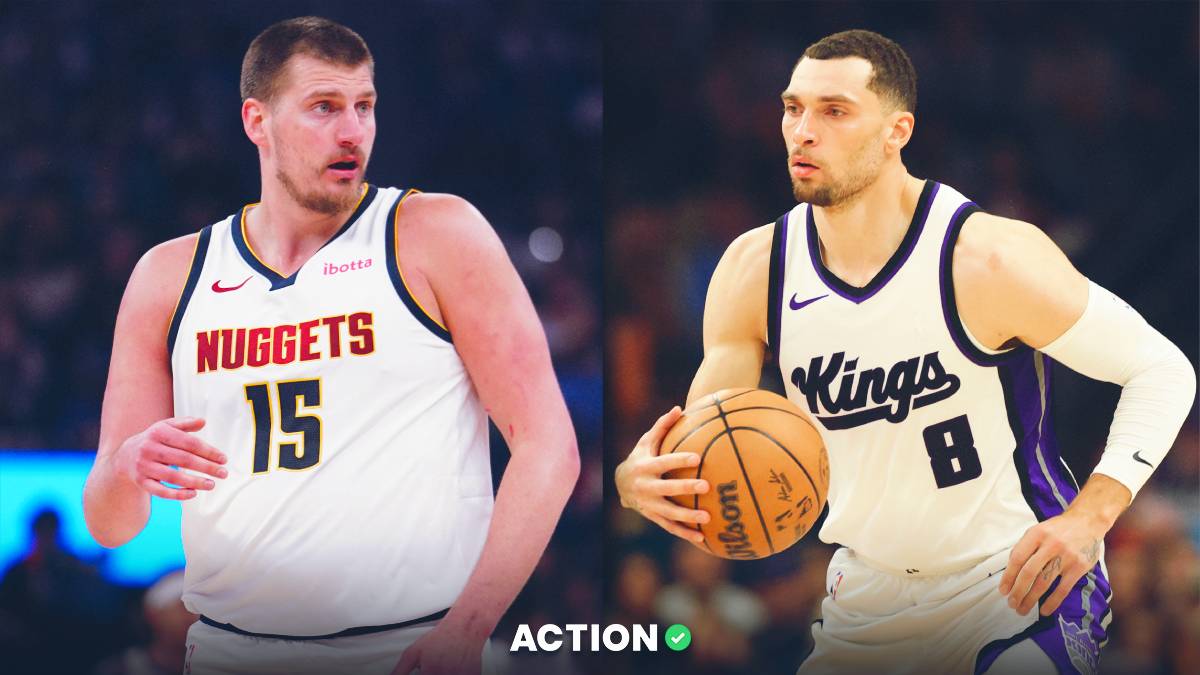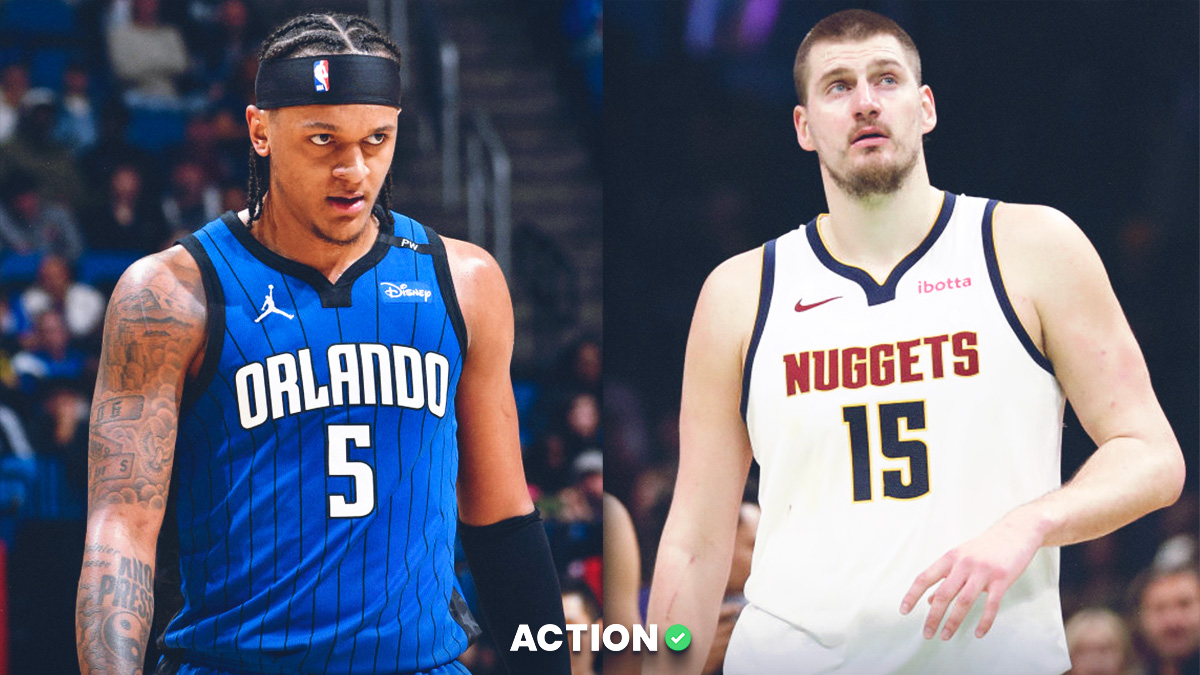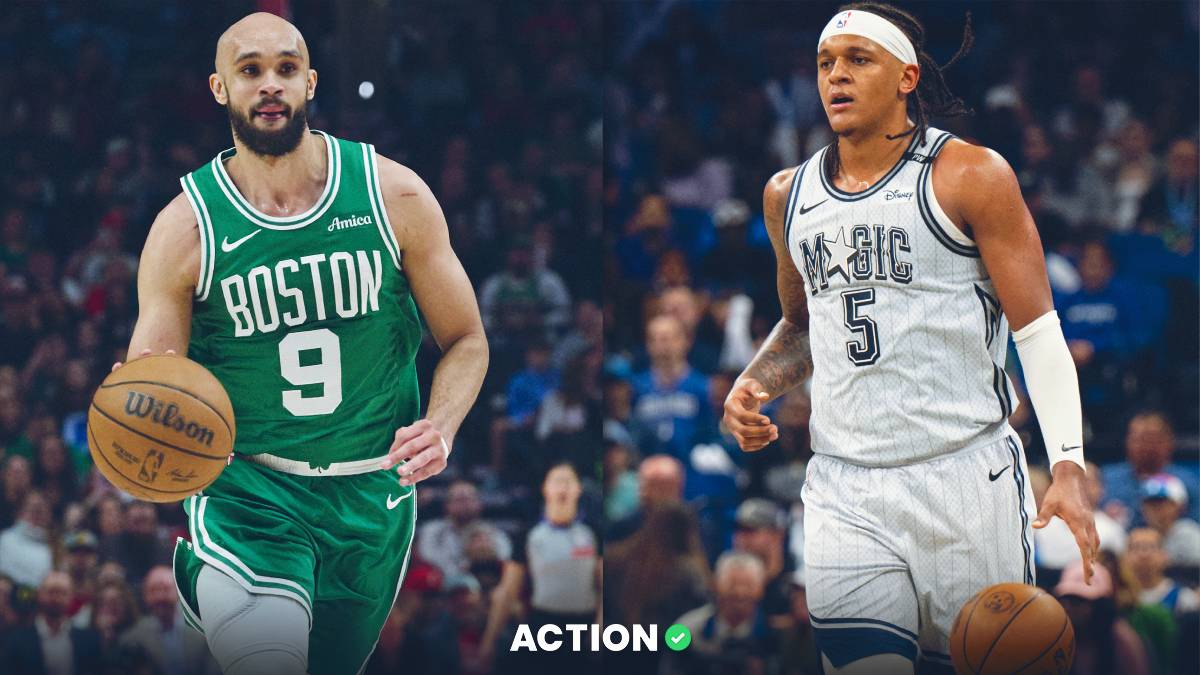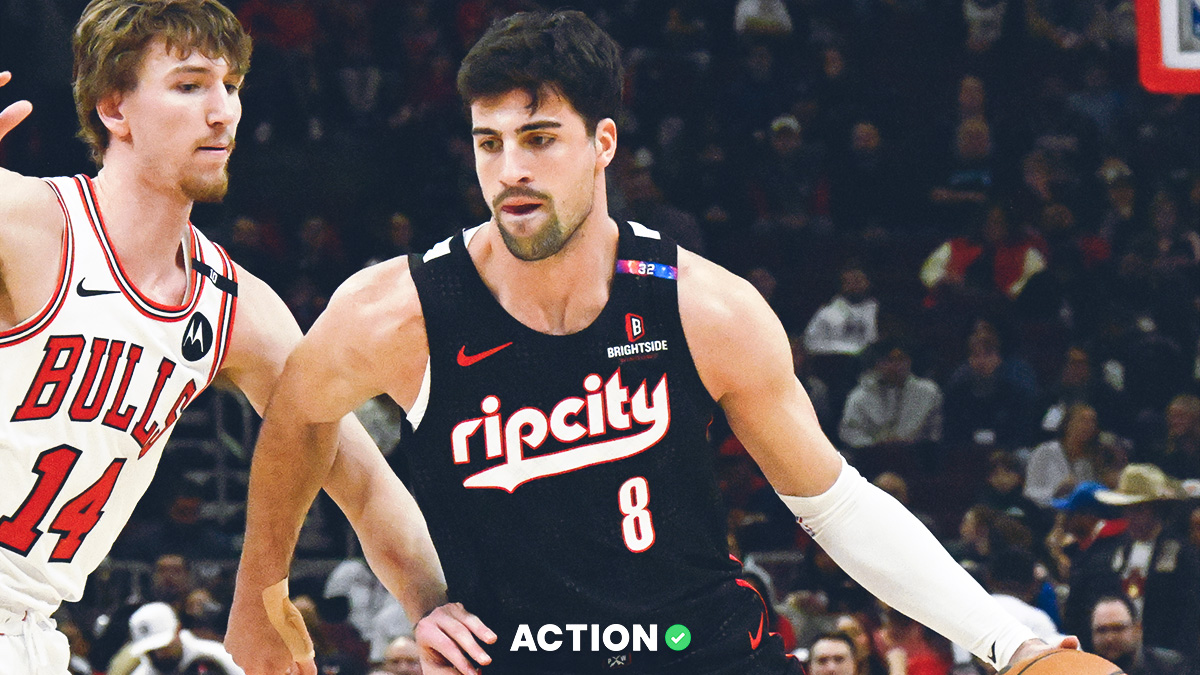For several years, the common, constant discussion about the NBA's league format has centered around one important element: the regular season is too long.
The fans know this: It's why attendance and ratings dip, because it's difficult for 82 games of momentum, intensity and cost to sustain; it's difficult to invest when no single game is really more important than another.
The players know this: It's why load management has become so en vogue, why so many players ascribe their issues to exhaustion and burnout.
The league knows this: It's why Adam Silver has been pushing for a mid-season tournament as a way to reduce the season and provide revenue to make up the difference.
The month of March is a wasteland of teams that are exhausted, injured and bored trying to reach the playoffs, knowing more or less they're in or not. Seeding has never been that important to players or coaches. April in the NBA is basically the last week before the summer break in school: mostly everyone's watching movies and goofing off.
So why then, amidst a global pandemic, in a costly and fraught situation within a Disney World bubble, is the NBA holding regular season games before beginning the playoffs?
This has been part of the plan for some time. Once league executives and owners rejected the group play concept last week, the conversation immediately shifted to a 22-team format (because we really needed to get the Wizards and Suns involved for some reason) and a shortened finish to the NBA regular season.
So why is this happening? Here are three reasons.
Reason #1: The Money
Surely there are other reasons and they are listed and discussed below, but it would be disingenuous not to start at the money.
The additional revenue from national TV games could easily be in the hundreds of millions, based on general conversations. There isn't an exact amount, but that will likely be reported.
There's a lot to establish — whether these games will be televised nationally, locally or both, for example — but the money is there and it means recouping a substantial amount, even for eight games.
This money has impacts beyond pure, cold, hard cash. Owners whose empires were built on service industries, like Rockets owner Tilman Fertitta, are going to be looking to recoup revenues any way they can.
And all of this potential revenue impacts the cap for next season. If the cap is dramatically lowered, it increases the amount of leniency the league has to provide through a CBA revision, and part of that money comes out of escrow for the players.
It's not just the billionaire owners who are going to feel the sting of lost revenue — but teams, their staffs, their contracted employees, the players, those players' trainers and support staff all the way down.
It may seem like it should pale in comparison to the risk, but this is part of the risk management equation for the league — one that will seem fine if it works and disastrous if it fails. But don't be confused about how important the money is to all 30 NBA businesses, not just the ones going to Orlando.
Reason #2: The Players Need Warm-up Games
Multiple league sources have confirmed a consensus from training staffs, the players and their union leadership that the players need real game atmospheres as a tune-up to the playoffs.
The product will already be rusty with limited conditioning after a three-month hiatus. But the players need game environments to both remember routines and regain muscle memory, as well as to adjust to the very weird environment of playing without fans.
Accelerating straight to playoff intensity would result in a likely increase in the rate of injuries, which is already high given the circumstances.
Players wanted 3-4 weeks of conditioning and "training camp" to prepare for the season; trainers had advocated for 8-12 weeks.
"Trainers are always the most overly-cautious people; that's their job," as one executive described it.
The reality will be closer to 2-3 weeks. Preseason games or friendly scrimmages simply won't provide the competitive atmosphere for players to ready themselves.
Now, are eight such games necessary? Probably not. But fewer games means those teams outside the playoffs would be coming without serious chances of reaching the postseason. A five-game regular season finale would mean you would realistically need to shorten the cut-off for a play-in situation to two games out instead of the four-game cut-off that has been reported.
And that increases the chances Memphis just wins the No. 8 seed outright, which means you didn't need to bring those five extra West teams anyway.
Reason #3: Zion Competitive Opportunity
The Spurs can absolutely still make the playoffs. There's a real chance the Kings shock the world. The Blazers are actually in pole position and will almost definitely be in the play-in game.
But this is about Zion Williamson. The NBA playoffs stand to produce higher ratings and better profits if Williamson is involved. The former No. 1 overall pick and his New Orleans Pelicans had the easiest strength of schedule remaining, while the Memphis Grizzlies had the toughest. Every statistical projection (which I don't trust entirely for a number of reasons) had the Pelicans securing the last seed in the West by season's end prior to the shutdown.
They're currently 3.5 games behind the Grizzlies, four in the loss column. All they have to do is maintain their current position to force a play-in. If the Blazers are ninth and the Pelicans are 10th, and the NBA will not create a play-in between the two teams, the Pelicans have tiebreaker and would secure the play-in game(s) against Memphis.
The Blazers have played two more games than the Pelicans, so small details like this still have to be sorted out. But if this comes down to a half-game in win percentage, the league isn't going to construct a scenario where that decides that Williamson is out.
So we're having regular season games. There were other, more constructive options that were too radical and didn't meet the agendas of the teams in play.
Hopefully, no one gets injured in these regular season games. (Spoiler alert: someone will be.) And hopefully, we wind up glad they were played — that they had some sort of tangible impact on the playoff race. Either way, the show goes on.


